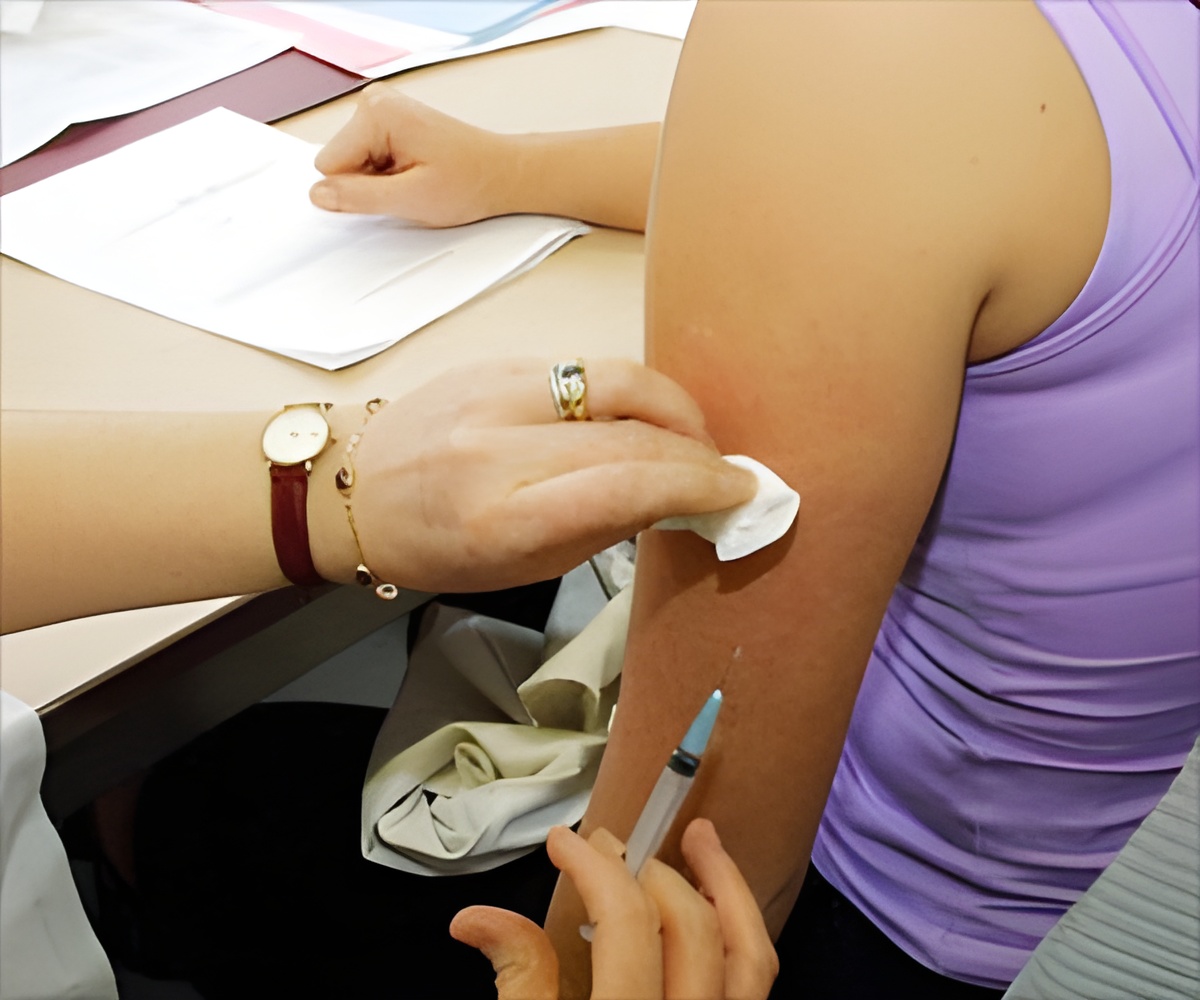
‘HPV vaccination rates in survivors of childhood cancer was 24% compared to the 40% general population. The vaccination rate was lower in cancer survivors though they are the ones who need it the most.’
Tweet it Now
This is the first and most comprehensive study of HPV vaccination rates in childhood cancer survivors, according to the authors. "This study shows that an effective, affordable, and widely available tool for cancer prevention is being underutilized by survivors of childhood cancer," said study author James Klosky, PhD, ABPP, an Associate Member at St. Jude Children's Research Hospital in Memphis, Tennessee. HPV causes most cervical cancers and many oral, anal, vaginal, vulvar, and penile cancers. An estimated 6.9 million adolescents and young adults in the United States are infected with HPV each year.
Researchers surveyed 982 childhood cancer survivors, ages 9-26, who had completed treatment between one and five years prior. Most of the participants (59%) were survivors of leukemia or lymphoma.
The survey asked whether survivors had received the HPV vaccine, whether their healthcare provider had recommended the vaccine, and what their attitudes were toward vaccination. The research team then compared the vaccine initiation rates to general population data from the National Immunization Survey-Teen and the National Health Interview Survey.
HPV vaccination rates were significantly lower among survivors of childhood cancer compared to the general population (24% vs. 40%). This held true for both male and female participants, though males were less likely to have been vaccinated than females.
Advertisement
The most significant barrier to vaccination was the lack of a physician's recommendation. Seventy-two percent of participants reported that their provider did not recommend the HPV vaccine, and only 5% of these survivors received the vaccine. On the other hand, among the 28% who did receive a provider recommendation, more than half were vaccinated.
Advertisement
More than ever before, young cancer survivors are living long lives after treatment, but their health is more vulnerable. It's concerning that the majority of survivors are not taking full advantage of HPV vaccination, which is widely available and can help them stay cancer-free.
Oncologists and primary care physicians are trusted resources for young survivors, and while barriers to HPV vaccination certainly exist, this study suggests that starting a conversation can help break down at least one.
Source-Eurekalert














